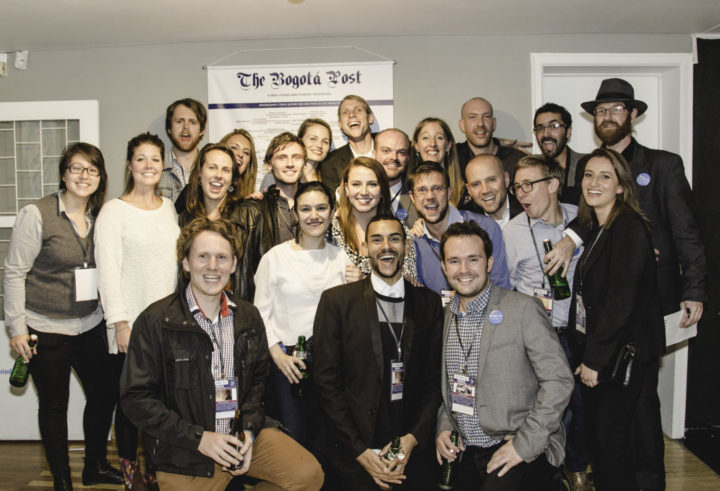Winter has taken over social media. And who can blame us? The Snowpocalypse has been relentless. It’s wreaking havoc on roads, school schedules and our ability to enjoy the magical parts of winter like Peppermint Mochas and panic-induced grocery shopping. Another cold-weather challenge that doesn’t get as much attention on Facebook is static electricity. At my house, every time we pick up a phone, feed the cats or kiss, there’s a loud crack and swearing. Nothing’s more romantic than fear of electrocution, right?
There are solutions. We sometimes rub dryer sheets on our cats to get the static out of their fur. It’s not a pretty process (they don’t say thank you), but it works. All I need to do is take those dryer sheets and apply them to my whole house. There’s got to be a way to automate that.
I think the answer is a robot. A bird, to be specific, with dryer sheets for wings. He could fly up and down the walls and lamp posts, diffusing the static electricity. It could also double as a cat toy. If you’re not a cat person, it can also double as a cat tormentor.
With more customization available, my bird-bot might happen sooner than I think. Check out this project from MIT, scholars working to make it possible for people like me to design and print custom robots.
It’s hard to imagine an industry that wouldn’t benefit from the ability to design and create programmable robots. Of course, it’s also easy to overstate the effects of breakthrough technology. For example, many hospitals in developing countries receive donations of equipment, but get little or no training on using or maintaining it.
Without predicting too much, I see the power of custom robotics most clearly in education. We hear time and again about our need for stronger engagement in STEM in the U.S. A tool like this could inspire lesson plans and engage students. Many schools already have robotic activities, but making it more approachable and lowering the barrier to entry can only increase their popularity.
What robot would you design? How do you see this technology solving problems?








